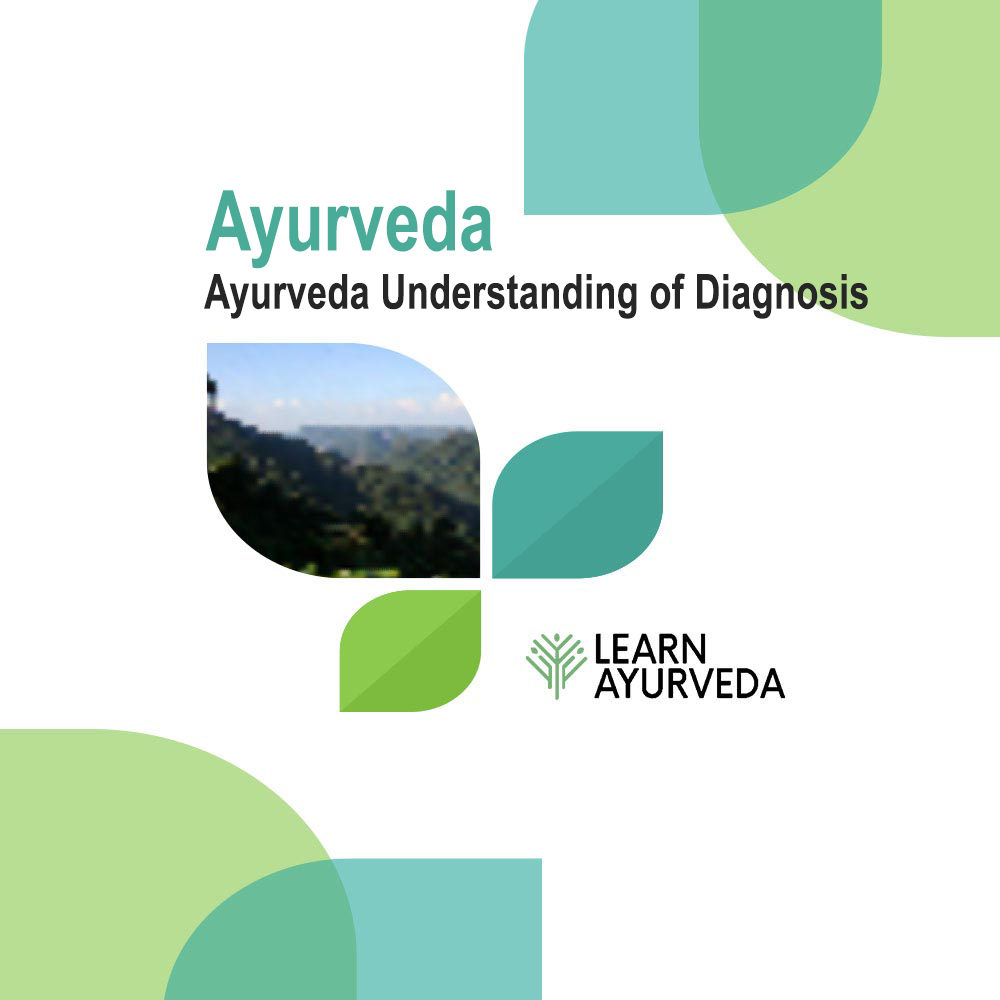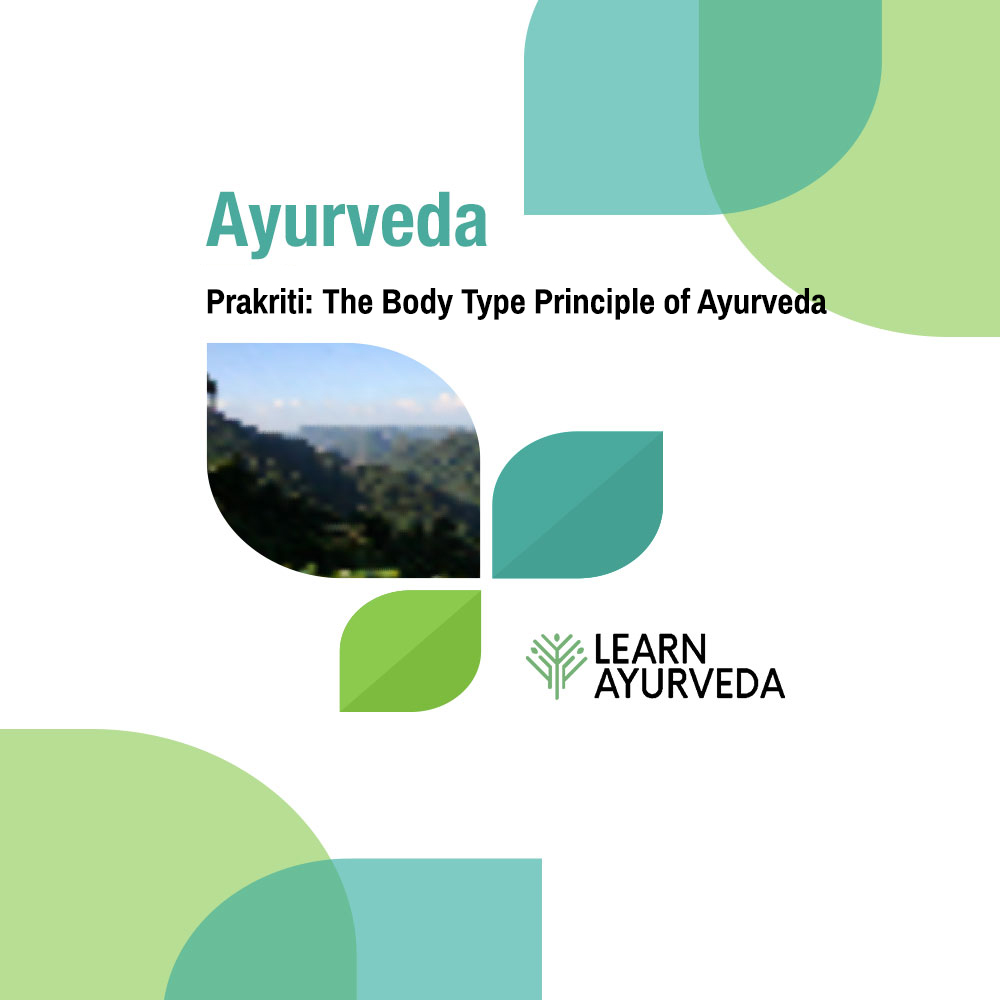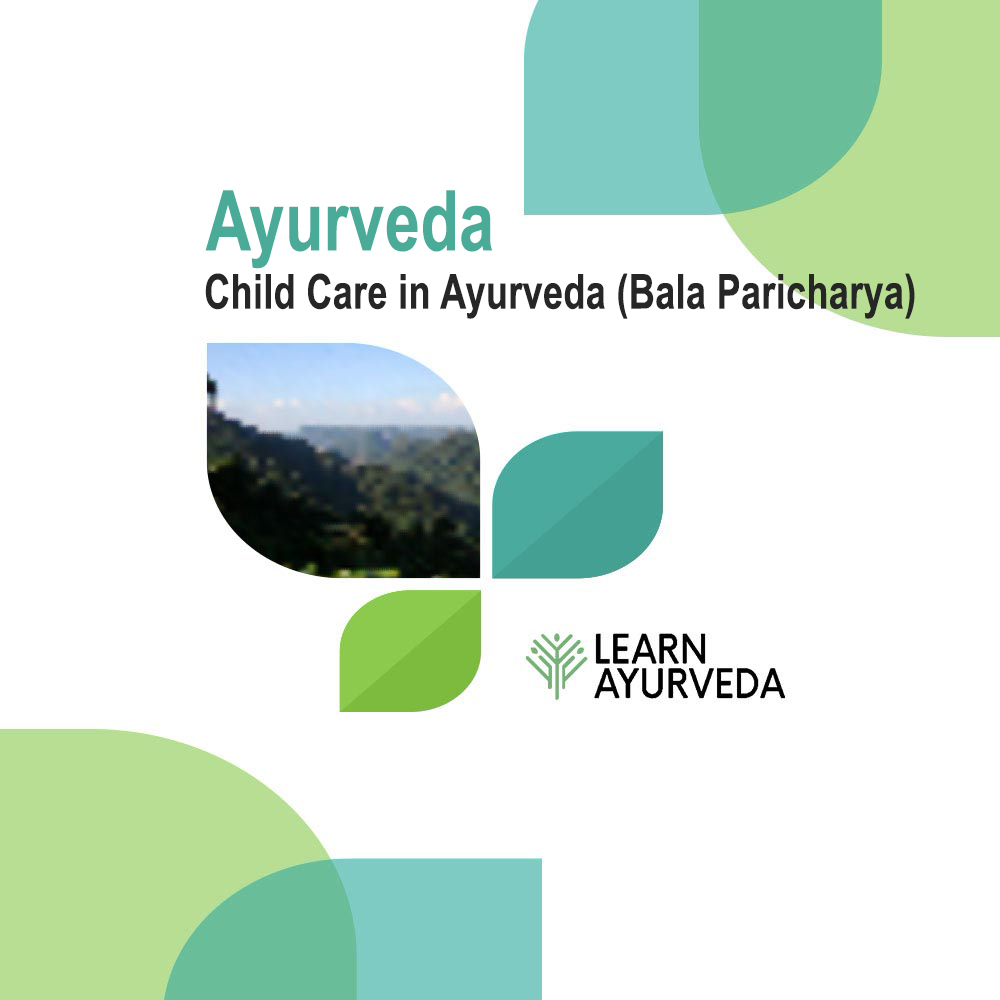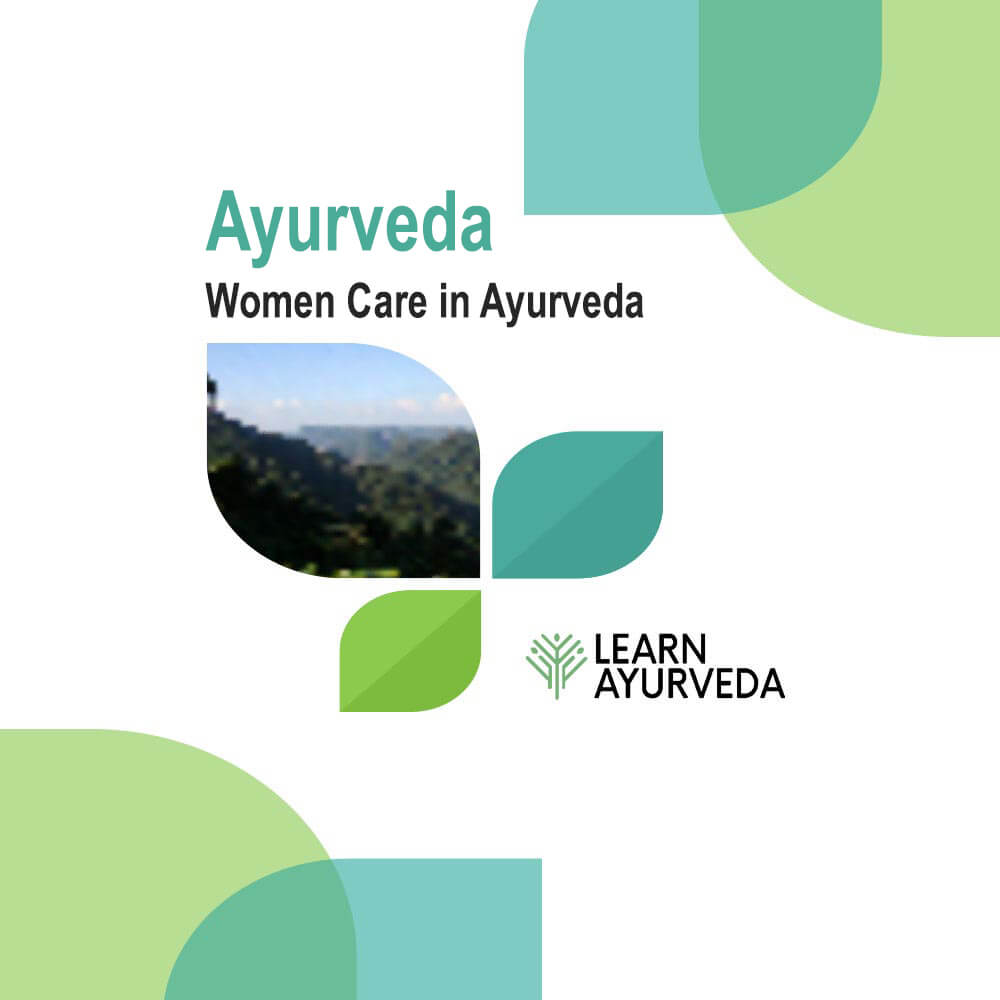Description
Ayurveda states that health is a state of complete physical, mental, social and spiritual well-being. Ayurveda’s presentation of the disease process differs fundamentally from the concept held by modern medicine. Though Ayurvedic science recognizes the role played by viruses and bacteria in disease, it explains that these pathogens are not the basic cause of illnesses. These pathogens can do nothing if body does not allow them to do so. The basis of Ayurvedic pathology- Ayurveda Diagnosis are the factors that make the body susceptible to diseases i.e. disturbances in the Dosha. Vulnerability of Dhatu (Tissues) and the mobility of Dosha constitute the two key components in the disease process. The concept of disease in Ayurveda is person centered rather than pathogen centered.
The diagnosis process in Ayurveda is not aimed at identifying the name of the disease that the patient is suffering from, but to explore the state of the physiological and psychological parameters, etiology and pathogenesis of the disorder. Examination of the patient should be performed first, before considering the examination of the diseases. The diagnosis is made on the basis of the condition of the fundamental physiological components like Dosha, Dhatu, Mala, Mahabhuta, Srotas, etc. The disease pathology occurs in six successive stages called as Shat Kriya Kala in which diagnosis can be made. Any delay in diagnosis and incorrect management of the initial stages worsens the prognosis. Knowledge of these stages of disease formation is unique to Ayurveda and permits the recognition and elimination of disease long before it progresses into clearly differentiated clinical manifestations and complications. There are 4 Units in this course.
Unit I – Basic principles & Philosophy of Ayurveda
Unit II – Rogi Pariksha – Examination of the Patient
Unit III – Roga Pariksha – Examination of the Disease
Unit IV – Ayurveda Diagnosis






